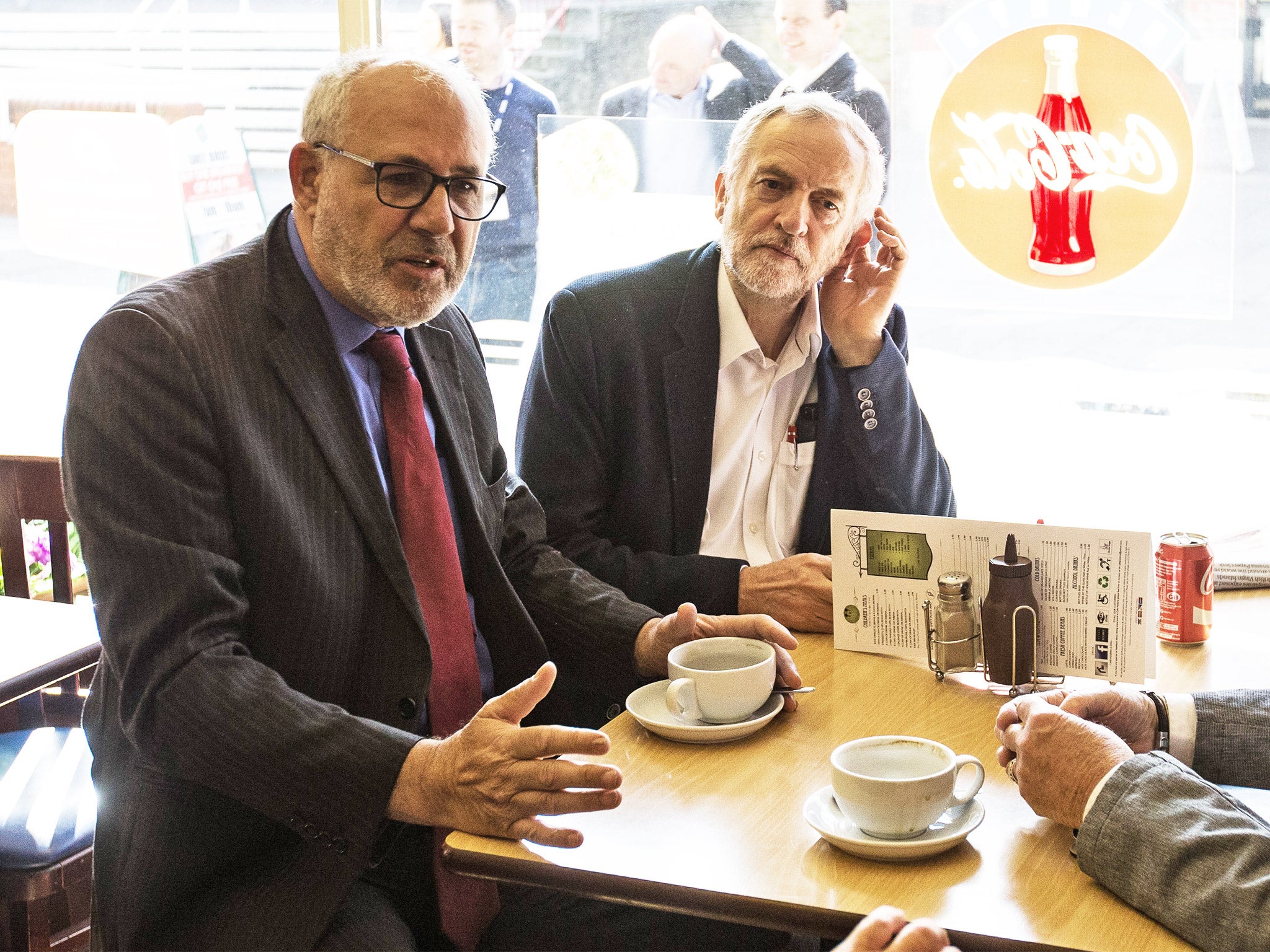Wealth taxes would raise up to £86bn a year and ‘rebuild Britain’, report by Labour MPs says
Corbyn ally Jon Trickett sets out radical alternative to target rich who have ‘seen their wealth skyrocket’ since Covid

New taxes on wealth would raise up to £86bn a year, allowing the government to avoid spending cuts and “rebuild Britain”, a report by Labour MPs says.
The analysis – on the eve of a spending review in which Rishi Sunak is expected to reimpose austerity on some public services – calls for a radically different approach to “transform” the country.
It proposes four different tax models to grab up to £61bn a year from millionaires and billionaires whose wealth has boomed since the Covid pandemic struck.
Hiking taxes on dividends and capital gains into line with income tax would raise around another £25bn – bringing the total raised to more than £86bn a year.
Jon Trickett, the Jeremy Corbyn ally who ordered the research, said adopting it would “transform our public finances, making money available for our neglected public services”.
“We could afford to plug the social care funding gap and to give our key workers a pay rise. We could reverse local government and education cuts. We could rebuild Britain,” the former shadow Cabinet minister said.
Other leftwing Labour MPs back the study, including Mr Corbyn, who said: “It’s time we tackled the gross accumulation of wealth and growing inequality, both in terms of class and region – redistributing wealth from the very richest to working people.”
John McDonnell, the former shadow Chancellor, said: “We live in a society of grotesque levels of inequality. This report not only exposes these extremes but, more importantly, shows how they can be tackled.”
The call comes as Keir Starmer inches closer to backing some form of wealth tax at the next general election, saying: “I think we should look at all of these options.”
The backdrop is a spending review expected to deliver further cuts to local government, further education, prisons and the courts of more than £2bn next year, according to the Institute for Fiscal Studies.
Meanwhile, Boris Johnson’s rescue plan for social care fell flat when it quickly emerged that the crisis-ridden service will receive very little extra funds.
Mr Trickett’s report, which has been reviewed by economists, puts forward four possible forms of a wealth tax:
* A one off tax of 5 per cent on wealth above £500,000, as proposed by an independent Wealth Commission – to raise £52bn a year.
* A one off tax on wealth above £2m on tapered rates rising from 8 per cent to 15 per cent – raising almost £40bn a year.
* An annual tax on wealth above £2m, excluding main residences, on a tapered rate rising from 1 per cent to 2 per cent – raising £22bn.
* A hybrid tax, including a one-off tax on wealth above £2m and an annual tax on wealth gained afterwards – raising £61bn.
The MP for Hemsworth, in West Yorkshire, added: “No longer can we tinker around the edges or disguise rhetoric as action.
“The hardship resulting from the pandemic has not in any way touched the very wealthy. Indeed, they have seen their wealth skyrocket.”
There are now more UK billionaires than ever before – and the richest 250 people enjoyed a £106bn increase in their wealth since before the pandemic, Mr Trickett said.
Join our commenting forum
Join thought-provoking conversations, follow other Independent readers and see their replies
Comments
Bookmark popover
Removed from bookmarks